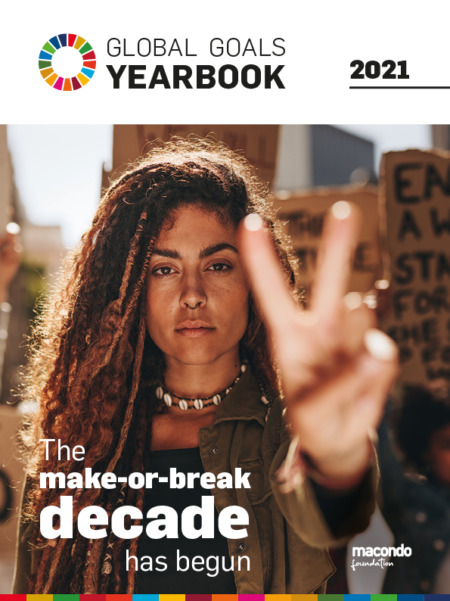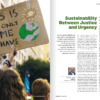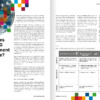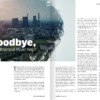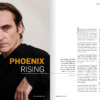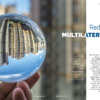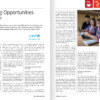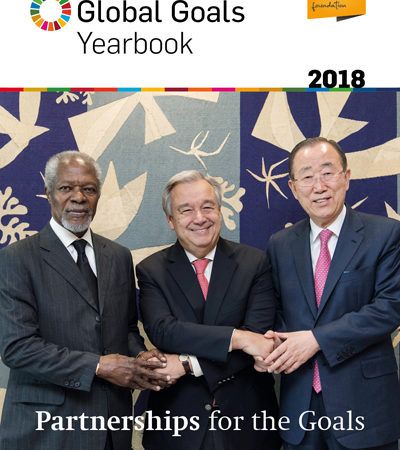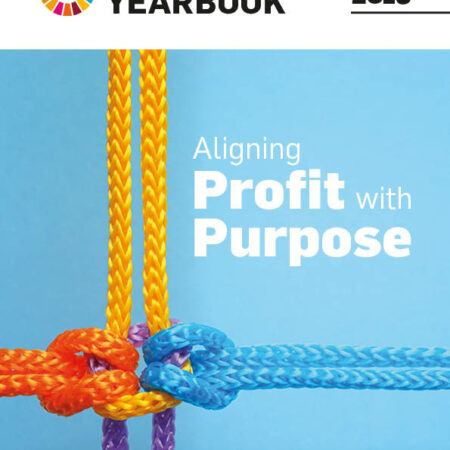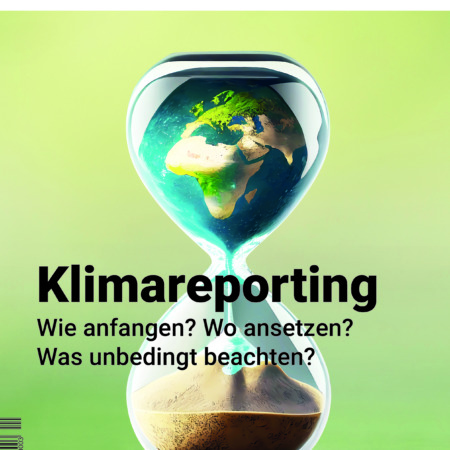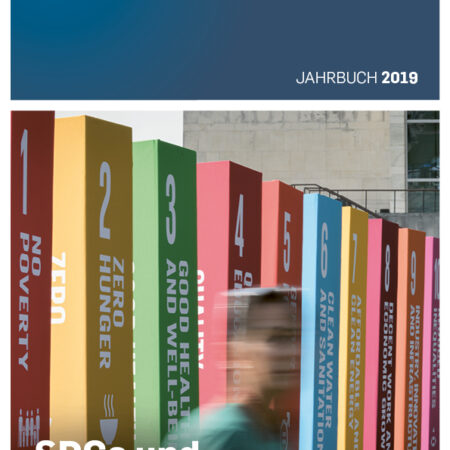Beschreibung
Despite some successes in development and environmental politics, progress is far from sufficient to achieve real sustainable development. We know that the 2020s are the make-or-break years. In the new 2021 edition of the Global Goals Yearbook we discuss barriers and solutions.
We are experiencing the all-goes-with-everything crisis: climate change, pandemics, zoonoses, species extinction, shrinking resources, a widening gap between rich and poor, digitalization, disruptions in the economy, the rise of populists and autocrats, among others.
In our current issue of the Global Goals Yearbook, we examine the called-for Decade of Action on three levels:
1. Framing the debate
In this section, we trace how the sustainability debate has evolved from an inequality discourse to an equity discourse. Such models of justice need rules and policy prescriptions. We therefore report on the Green New Deals in Europe and the United States and the introduction of metrics, reporting standards, and the expanded concept of materiality. Common to all aspects is the attempt to translate the broad field of sustainability into numbers. After all, numbers are considered facts, they can be checked, and that is how judgments can be made. In the second part, we look at the question of concrete implementation in operational management processes and internal control systems.
2. Zooming in
The pandemic has revealed the vulnerability of the interconnected world: Building up the economy in the form it was before the pandemic is no option. The economic recovery plans offer a true chance for sustainable transformation in the sense of the UN development goals. We have defined the eight transformation areas that we will explore more actively. All best practices will be assigned to these topics. In this edition we will cover the aspects of sustainable purpose, “leave no one behind,” the circular economy, net-zero strategies, and sustainable cities.
3. Looking around
We will only solve global challenges together. This requires a solidary and cooperative world community. The concept of “rule of law” is therefore regarded as a guiding principle in international politics. It finds its concrete expression in multilateralism. In this Yearbook, we shed light on the origins and development of this concept. Although multilateralism has suffered considerably recently – not only, but also because of ex-President Trump. EU Commissioner Joseph Borell therefore explores the question of how to revive multilateralism in a multipolar world. Finally, Stefan Brunnhuber of the Club of Rome looks at the tensions between democracies and autocracies and their ability to find solutions to Agenda 2030.

